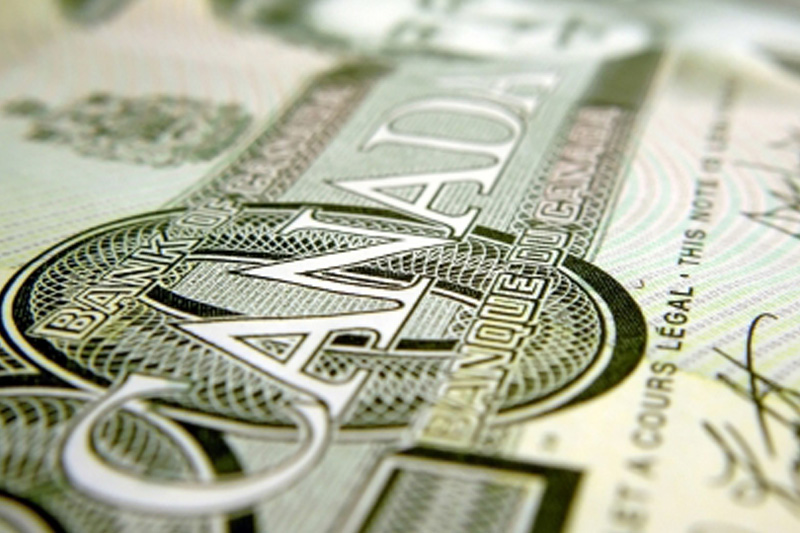(Adds strategist comment, details; updates prices)
* Canadian dollar unchanged at C$1.3738 or 72.79 U.S. cents
* Bond prices lower across the maturity curve
By Fergal Smith
TORONTO, Dec 15 (Reuters) - The Canadian dollar ended
unchanged against the U.S. dollar on Tuesday despite a rally in
crude oil prices, as the likely start of Federal Reserve rate
hikes on Wednesday supported the greenback and weak
manufacturing data weighed on Canada's outlook.
"We did have disappointing manufacturing sales today. We
also had markets positioning for the FOMC tomorrow," said Bipan
Rai, director of foreign exchange strategy at CIBC Capital
Markets, referring to the Fed's policy-setting committee.
Bank of Canada Governor Stephen Poloz signaled clearly to
markets not to expect him to match potential Fed rate hikes.
Underlying U.S. inflation pressures rose in November, which
could give the Federal Reserve more ammunition to raise interest
rates on Wednesday.
Canadian manufacturing sales fell 1.1 percent in October,
the third straight monthly fall. That was well below the 0.5
percent drop expected in a Reuters poll.
U.S. crude CLc1 prices settled at $37.35 a barrel, up 2.9
percent, while Brent crude LCOc1 added 0.3 percent to $38.04
O/R
The Canadian dollar settled at C$1.3738 to the U.S. dollar,
or 72.79 U.S. cents, matching the Bank of Canada's official
close on Monday.
The currency's strongest level of the session was C$1.3674,
while its weakest was C$1.3766.
After a "choppy session," volatility is expected to remain
elevated into Wednesday's Fed decision, according to Rai.
Against the euro, the Canadian dollar rebounded to C$1.5013
EURCAD= . On Monday, the currency hit its weakest level against
the euro since Aug. 26 at C$1.5201.
In other domestic data, sales of existing homes rose 1.8
percent in November and commercial borrowing by
small businesses climbed in October.
Canadian government bond prices were lower across the
maturity curve in sympathy with U.S. Treasuries. The two-year
CA2YT=RR price was down 2.5 Canadian cents to yield 0.52
percent and the benchmark 10-year CA10YT=RR fell 16 Canadian
cents to yield 1.49 percent.
The Canada-U.S. 10-year spread was 2.8 basis points wider at
-78.1 basis points, trading at its deepest negative level in
nearly four months, as Treasuries underperformed.
Vulnerabilities in Canada's housing sector have edged higher
since June, but capital reforms and last week's government
measures to cool the sector mean the financial system is better
able to handle any troubles that may arise, the Bank of Canada
said.
